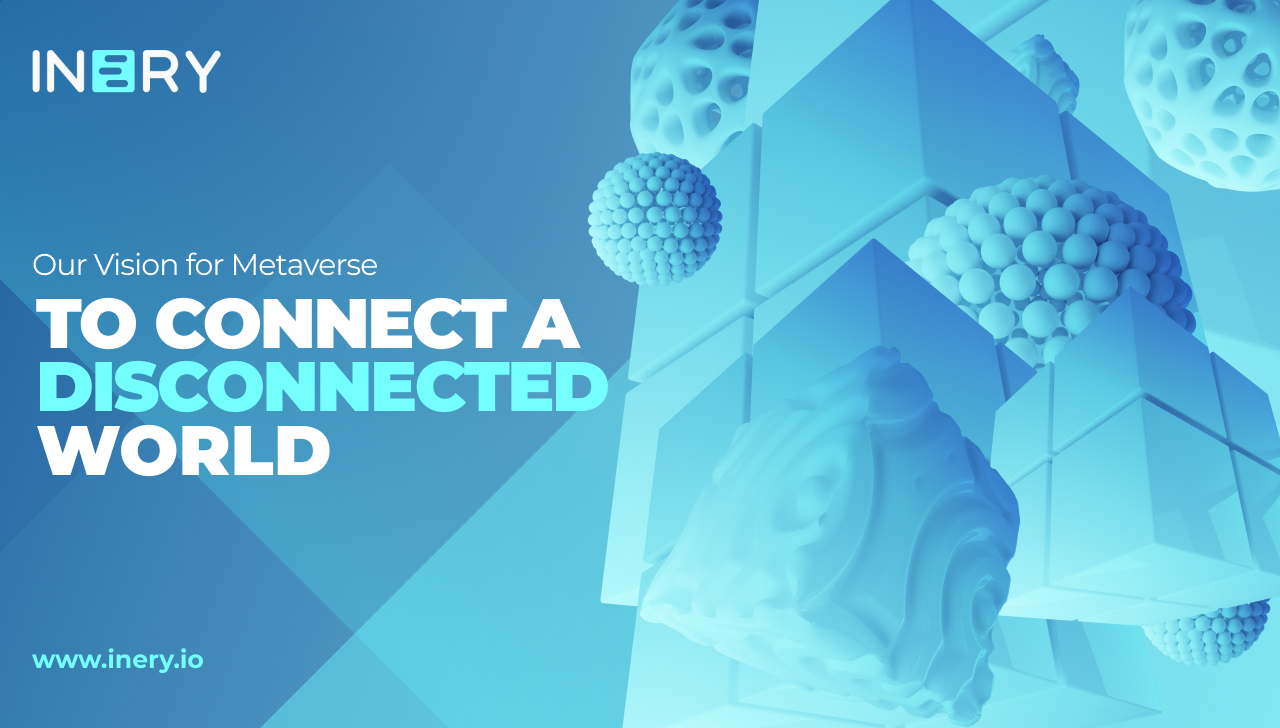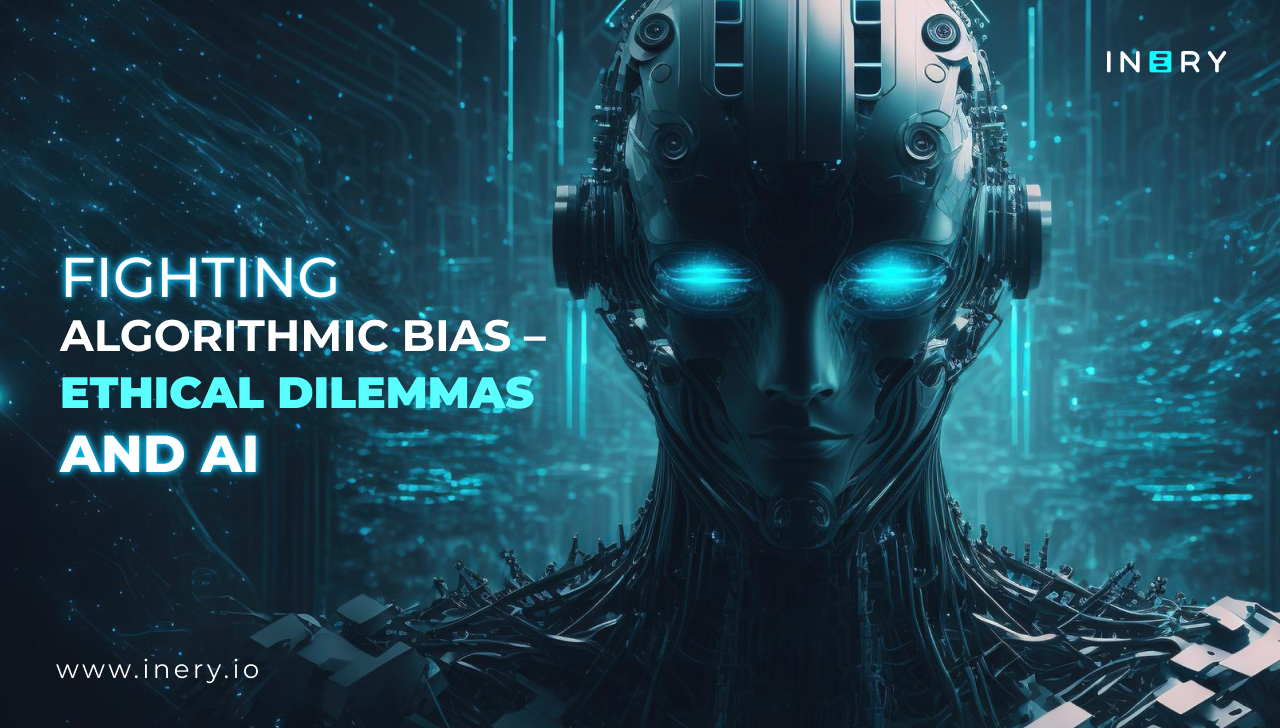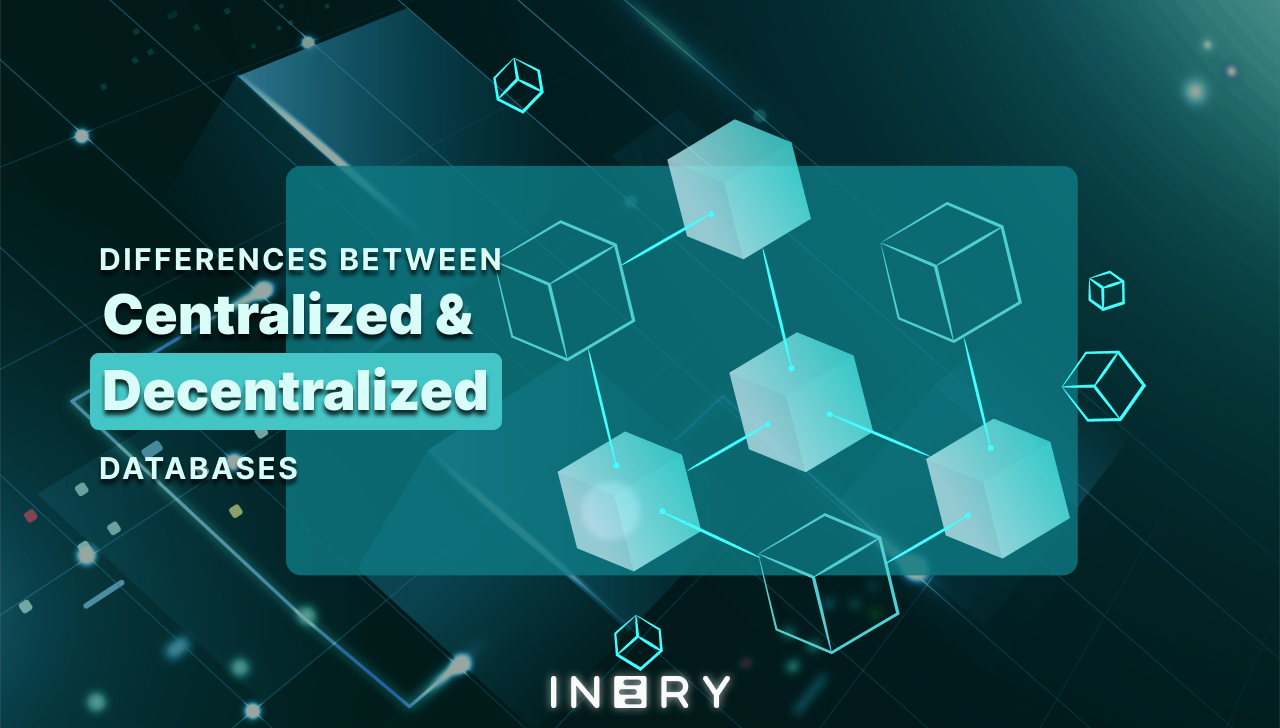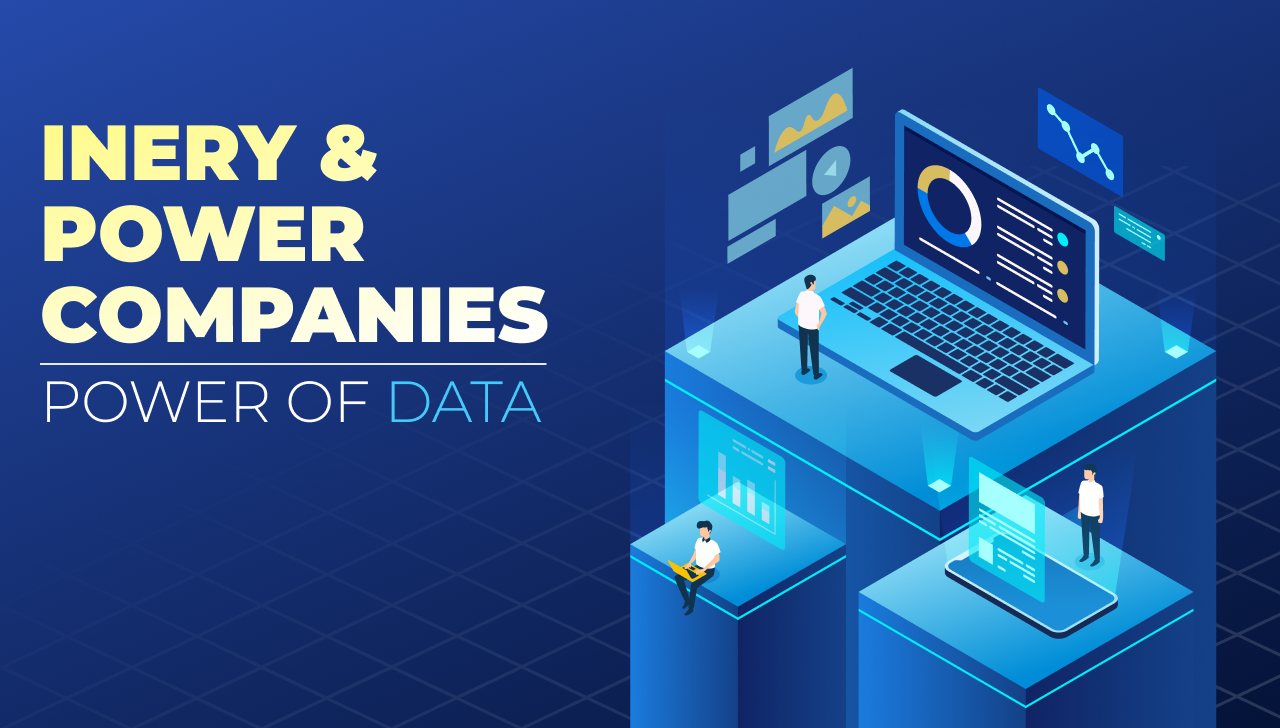Power companies handle wast amounts of data on the daily - but how do they manage it, and challenges they’re facing due to using legacy centralized systems? Let’s dive in, and see where Inery offers solutions to issues.
Inery Blockchain enables secure data sharing without compromising speed, quality, and security. It lays the foundation for decentralized database management that allows it to smoothen workflow and support a myriad of use cases across different fields, in the physical and the virtual worlds. One of these fields is the energy and power industry, whose challenges hinder it from reaching its full potential when providing services and products to consumers.
Power Companies and their Challenges
A booming power sector is at the center of any developed economy. It creates job opportunities and brings revenue to the country. However, with the ongoing supply chain attacks, geopolitical challenges, power leaks, climate crisis, and limited investment, among other challenges, the industry is doomed to suffer in the coming years.
Electricity transmission losses
Distributing power over long distances spikes the temperature within the power cables, which causes substantial energy losses in the form of heat. The cost of these losses is passed on to everyday consumers. Apparently, 1-2% of energy is lost between generation and transmission, and between transmission to distribution, during the step-up and step-down processes, respectively. Consequently, electricity transmission losses are also caused by conductor losses, power theft, dielectric heating loss, corona loss, coupling loss, radiation loss, metering inaccuracies and billing that lead to overcharging or undercharging, etc.
Power outages
Frequent power blackouts are mostly common during adverse weather conditions and due to time-worn power cables. These blackouts inconvenience millions of people and businesses in an economy, which may paralyze life within the affected areas and cause enterprises and institutions billion-dollar damages.
Electromobility
Electric Vehicles (EV) charging consumes a lot of time, as EV charging slows down as the battery nears full charge, to avoid battery overheating. Using superchargers also consumes a significant amount of energy. However, the main challenge stems from the ability to create enough charging stations in strategic places, an electricity grid infrastructure that facilitates smooth operations, and transparent and consistent charging fees.
Cyber- and terrorist attack threats
Digital transformation in the power sector exposes it to cyberattacks, as the industry becomes data-driven and depends on the data for smooth operation. This challenge is prevalent in data-critical systems across several industries, hindering digitization efforts and scaling. For instance, threat actors can infiltrate a power company’s systems and expose households to controlled outages, or breach databases and expose consumers to identity theft and fraud. In addition, a terrorist attack on power lines or plants may take relatively much longer to repair.
Decarbonization difficulties
The global climate crisis has made governments, companies, and environmental organizations look to reduce the global carbon footprint. Thus, the energy sector is pressured to shift away from dependence on fossil fuels, and soon there will be a massive electricity demand due to a rise in electric heat pumps in households and electric vehicles. The power sector is burdened to find a reliable, scalable, eco-friendly, and cost-effective way to meet the growing electricity demand. The shift needs significant innovation and huge investment.
Geopolitical changes
Most nations, especially Western countries, are overdependent on imported energy. This makes it vulnerable to sudden changes in energy prices. For instance, Russia’s invasion of Ukraine forced companies to unanimously cut ties with Russia, creating a more complex challenge, since Europe greatly relied on Russian power. This points to the liability created by overreliance on international trade.
Inery Offers Solutions
Inery can be a game changer when integrated with power systems, from the transmission to distribution. The underlying level-1 blockchain’s features, including security, immutability, interoperability, and transparency, can be instrumental in applications that require visibility, security, and traceability, without compromising performance.
Inery’s interoperability capability will also enable stakeholders in the power sector to share data and communicate securely and break data silos that hinder innovation and scaling up. The permissioned layer allows the power companies to manage their own data, eliminate intermediaries, and cut down overhead costs.
The decentralized data management system encrypts consumer and company data using cryptographic functions and spreads them across multiple nodes within the network to eliminate security and privacy risks. The blockchain can be employed to decentralize energy through power grids and optimize self-sufficiency.
We can’t solve everything, but…
Integrating Inery into the power industry will improve the efficiency and transparency of processes, and give consumers and stakeholders control over energy sources. In addition, it adds an extra layer of security and privacy to consumer or trading data, including prices customized for specific consumers and consumers’ personal information. Hence, Inery is positioned to benefit the power industry in numerous ways. Some of its utility in the power sector include:
Energy trading and automatic trade settlement
Inery will give energy trading in the power industry more transparency, cost-effectiveness, and simplicity by disintermediating interactions between a power company and the consumer. Cutting off the middleman also helps forge a personal connection between a producer and a customer. Inery also introduces instant data reconciliation to the trading data by providing a single source of truth and data consistency.
In addition, Inery can facilitate peer-to-peer electricity trading by enabling apartment owners to sell surplus solar electricity generated back to the power grid. This will be made possible using Inery’s smart value contracts, which will enable a smooth and cost-effective transaction without the need for intermediaries.
Smart grid
Inery can help power companies analyze big data collected in real-time to help reduce the reaction time to fluctuations in power grids to maintain a high-quality and stable energy supply.
Smart Meter
A common utility in the power sector that is perfectly fit for Inery’s capabilities is the use of smart meters. Using Inery, power companies can facilitate smart meters for more accurate consumer power usage readings in real time. The recording can then be stored on IneryDB, the decentralized data system, where the producers can access it directly, making firms more consumer-centric, saving overhead costs, and streamlining efficiencies by eliminating numerous changes of hands.
EV charging and sharing
Power companies can use Inery to achieve electric mobility. For instance, Inery can connect EV drivers and private charging stations to efficiently share energy. The entire value chain data of a power company can be routed using Inery’s service layer to introduce a new dimension to their EV charging infrastructure business model.
Management of instant energy certificates
Inery manages and verifies every transaction to eliminate duplicate transactions and prevent double spending on the data using owner-controlled data assets. Power companies can, therefore, issue instant and automated energy certificates to consumers using Inery, which will promote the use of renewable energy sources and boost an eco-friendly approach to reducing carbon footprint.
Data security
Inery will give power companies an immutable ledger to provide secure, tamper-proof, and real-time data usage updates. This will provide accountability for energy trading data and consumer data. A power company will have the ability to register, store, and track energy data and provide access to prices and transaction records using IneryDB. The ecosystem will eliminate a single point of failure to assure consumers of safety and privacy by decentralizing power, so that a compromise on a single power plant or power line does not affect their daily operations.
Microgrids
Microgrids are essential for reducing electricity transmission losses and remitting expensive upgrades. Inery is positioned to tackle the increasingly convoluted and decentralized P2P transactions between power plants and traders, retailers, and utilities. By distributing the energy generation, the sector can provide more efficient energy management, reliable power backup, and supply continuity to check frequent power outages.
While the Power Companies are facing an increasing number of challenges, and their responsibilities grow, they have also recognized that legacy systems are not a solution forever, but more for “right now”. With a decentralized solution, some of their issues will have a permanent
What is Inery? Learn more about Inery.

Inery•
3 years ago
Our Vision for Metaverse: To Connect a Disconnected World
Changing the dynamics of metaverse from a platform-specific approach to the interoperability of content between different platforms. ...READ MORE

Share

Inery•
2 years ago
Fighting Algorithmic Bias – Ethical Dilemmas and AI
AI's rapid evolution raises ethical concerns, emphasizing the need for fair and transparent applications through diverse datasets, audits, and societal changes for an inclusive and ethical future. ...READ MORE

Share

Inery•
3 years ago
Centralized VS. Decentralized Database Management
The different dynamics for database management ...READ MORE

Share

Inery•
7 months ago
The Paradox of Security Measures: Why More Isn't Always Better
More security isn't always better. Learn about the hidden risks of complicated security systems and see how Inery provides effective protection without unnecessary complexity. ...READ MORE

Share
Most popular today


-1706781057.png)